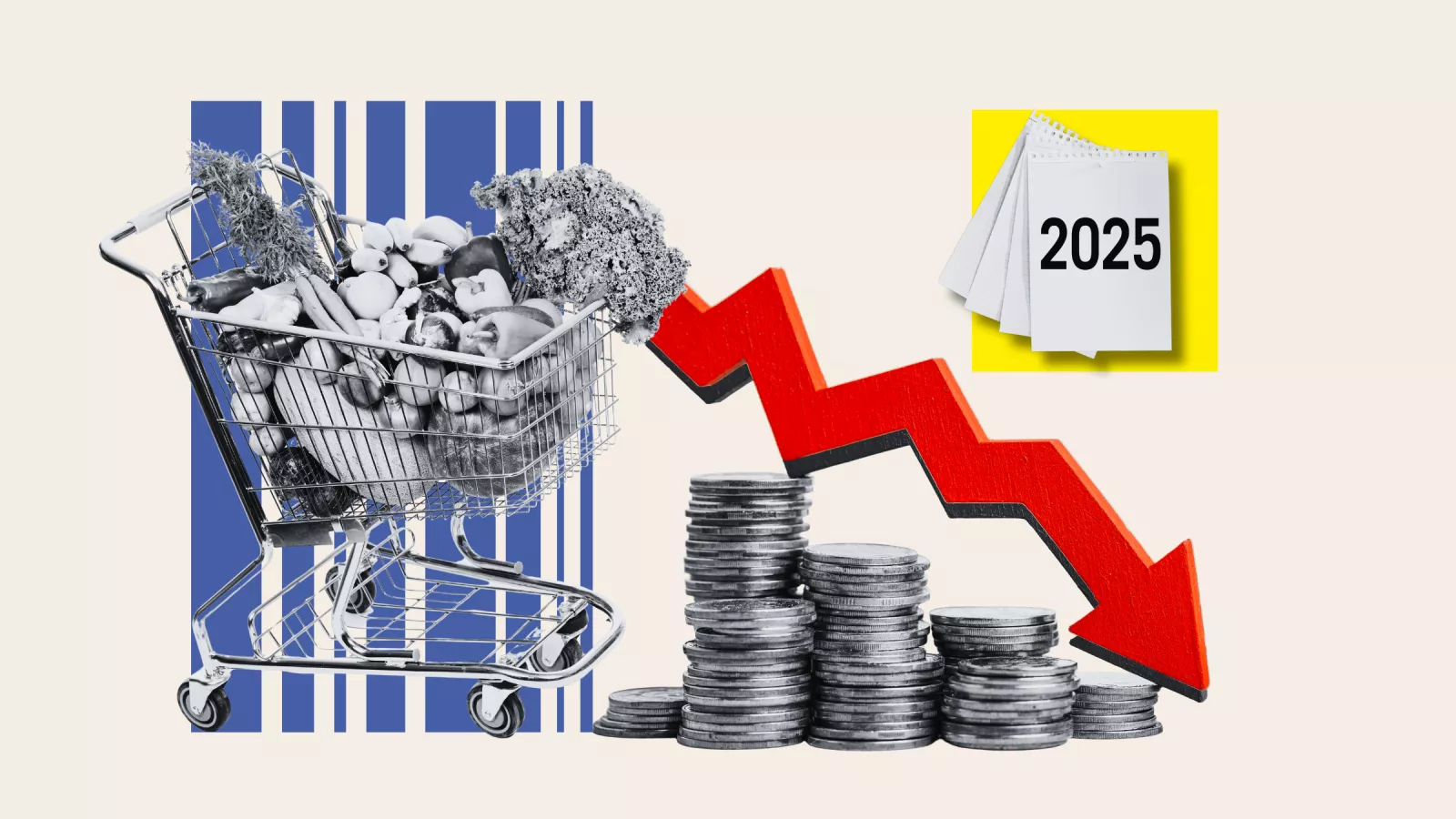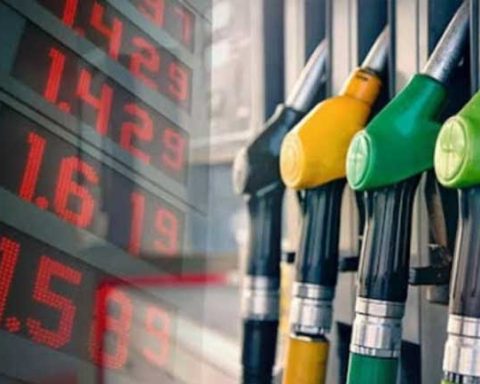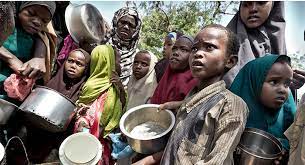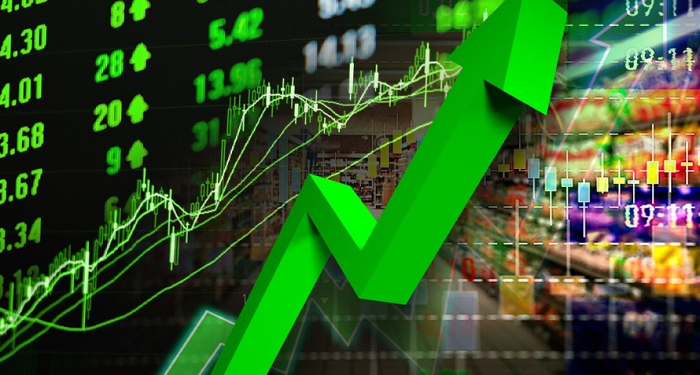Nigeria’s inflation is expected to decline significantly in 2025, driven by a combination of factors such as a higher base effect, the stabilization of exchange rates, and the normalization of energy prices following the subsidy removal. This projection comes from Comercio Partners, a Nigerian investment company.
As of December 2024, the inflation rate in Nigeria rose to 34.80%, slightly up from 34.60% in November 2024, according to the National Bureau of Statistics (NBS). However, economic analysts predict a sharp decline in inflation rates in 2025 as key economic policies take effect.
Join our WhatsApp ChannelNaira Strengthens in Parallel and Official Markets
In the parallel market, the naira appreciated to N1,565 per dollar on Friday, gaining N5 against the dollar compared to N1,570 the previous day. Meanwhile, in the Nigerian Foreign Exchange Market (NFEM), the naira remained stable, closing at N1,502.50 per dollar, showing little movement from the previous day’s rate of N1,502 per dollar, according to data from the Central Bank of Nigeria (CBN).
Stephen Osho, CEO of Comercio Partners Capital, expressed optimism about the naira’s future performance. “I expect the naira to appreciate further,” Osho said. “One of the major challenges we’ve had is the issue of foreign exchange supply shortages, but with the clarity provided by the CBN regarding the clearance of FX backlogs, we are seeing positive developments.”
Osho pointed out that there has been an increase in foreign exchange inflows, improving market liquidity. He attributed this to the CBN’s emphasis on transparency, liquidity, and price discovery, which have contributed to stabilizing the currency.
READ ALSO: Nigeria’s Equity Market Gains As Naira Strengthens Against Dollar
Inflation Set to Drop with New CPI Base Year
Comercio Partners, in its 2025 macroeconomic outlook, emphasized that Nigeria’s Consumer Price Index (CPI) would be rebased to 2024, leading to statistical effects that could lower inflation figures. The NBS has announced plans to update the base year for CPI calculation from 2009 to 2024. Initially, this adjustment is expected to result in lower inflation figures, but experts suggest that the long-term impact will be more complex.

According to Ifeanyi Ubah, head of investment research and global macro strategist at Comercio Partners, “We expect headline inflation to decrease to around 15 percent in the first half of 2025, indicating a gradual return to economic stability.”
The company’s report also stated that the direction and magnitude of year-on-year inflation would depend on price changes in various commodity baskets over the two periods. Given that 2024 recorded one of Nigeria’s highest inflation rates, the updated base year is expected to make future CPI figures appear lower. The reduced weightings for key inflation drivers, especially food and energy, further support the expectation of a significant drop in inflation by mid-2025.
Local Refining to Stabilize Energy Costs
The expansion of Nigeria’s local refining capacity is another major factor expected to stabilize inflation. The launch of the Dangote Refinery is set to reduce the impact of exchange rate fluctuations on energy prices. By relying more on domestically refined petroleum, Nigeria is likely to see a decrease in energy price volatility.
With lower energy costs, production and transportation expenses are expected to decline, creating a positive effect throughout the economy. This, combined with a more stable naira, could ease inflationary pressures and support economic recovery.
The report highlighted that with no immediate triggers for a sharp spike in inflation in 2025, these statistical and structural adjustments align with broader expectations for a decline in inflation trends.
Economic Resilience and Future Outlook
Despite the economic challenges faced in 2024, Nigeria’s economy demonstrated remarkable resilience. The continued efforts by the CBN to ensure liquidity, alongside structural reforms, are expected to sustain this positive momentum into 2025.
Comercio Partners emphasized that while the economy is still recovering from past shocks, the policies in place suggest a more stable and promising economic environment. The focus remains on sustaining naira stability, reducing inflation, and fostering overall economic growth.
Emmanuel Ochayi is a journalist. He is a graduate of the University of Lagos, School of first choice and the nations pride. Emmanuel is keen on exploring writing angles in different areas, including Business, climate change, politics, Education, and others.


















